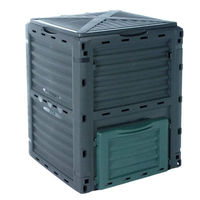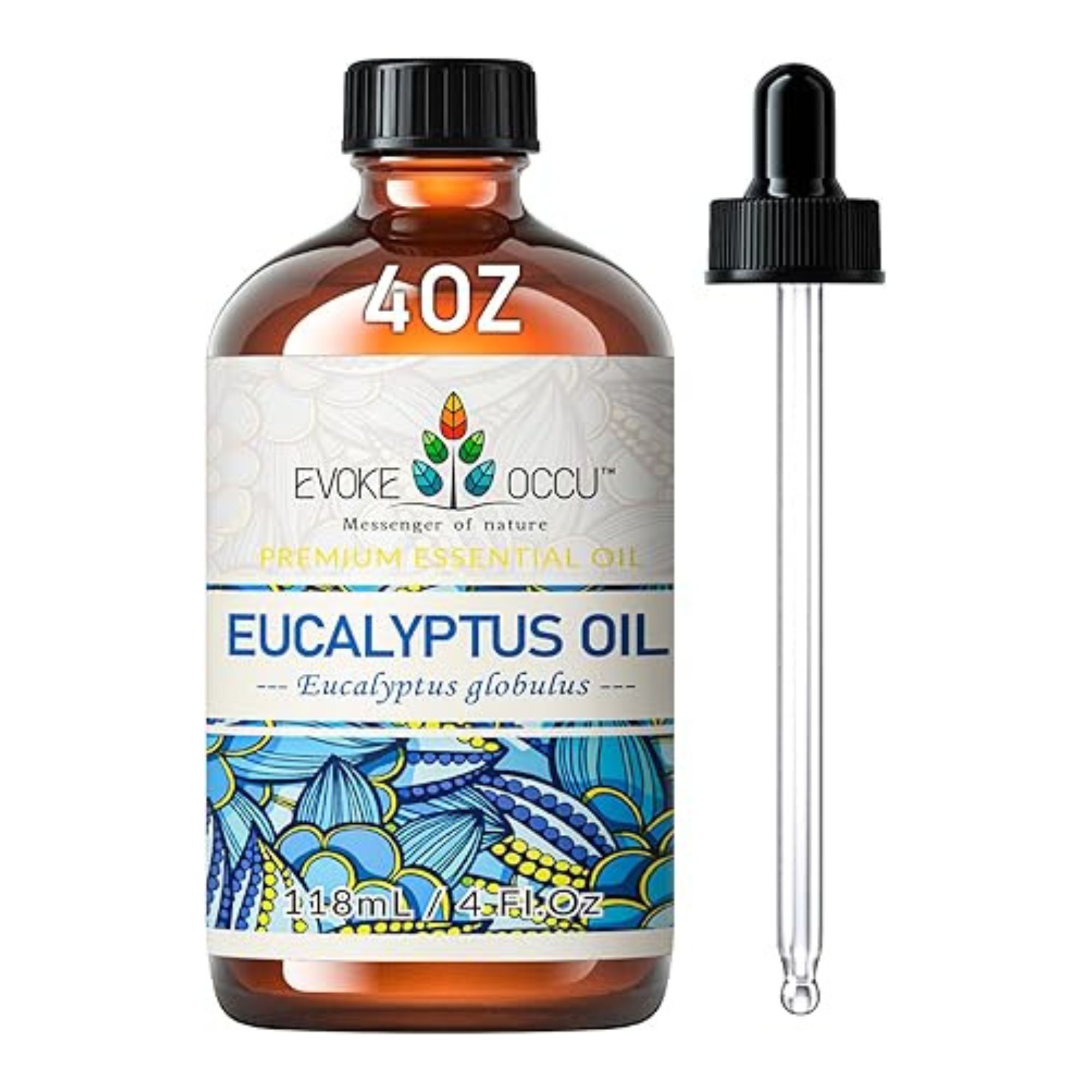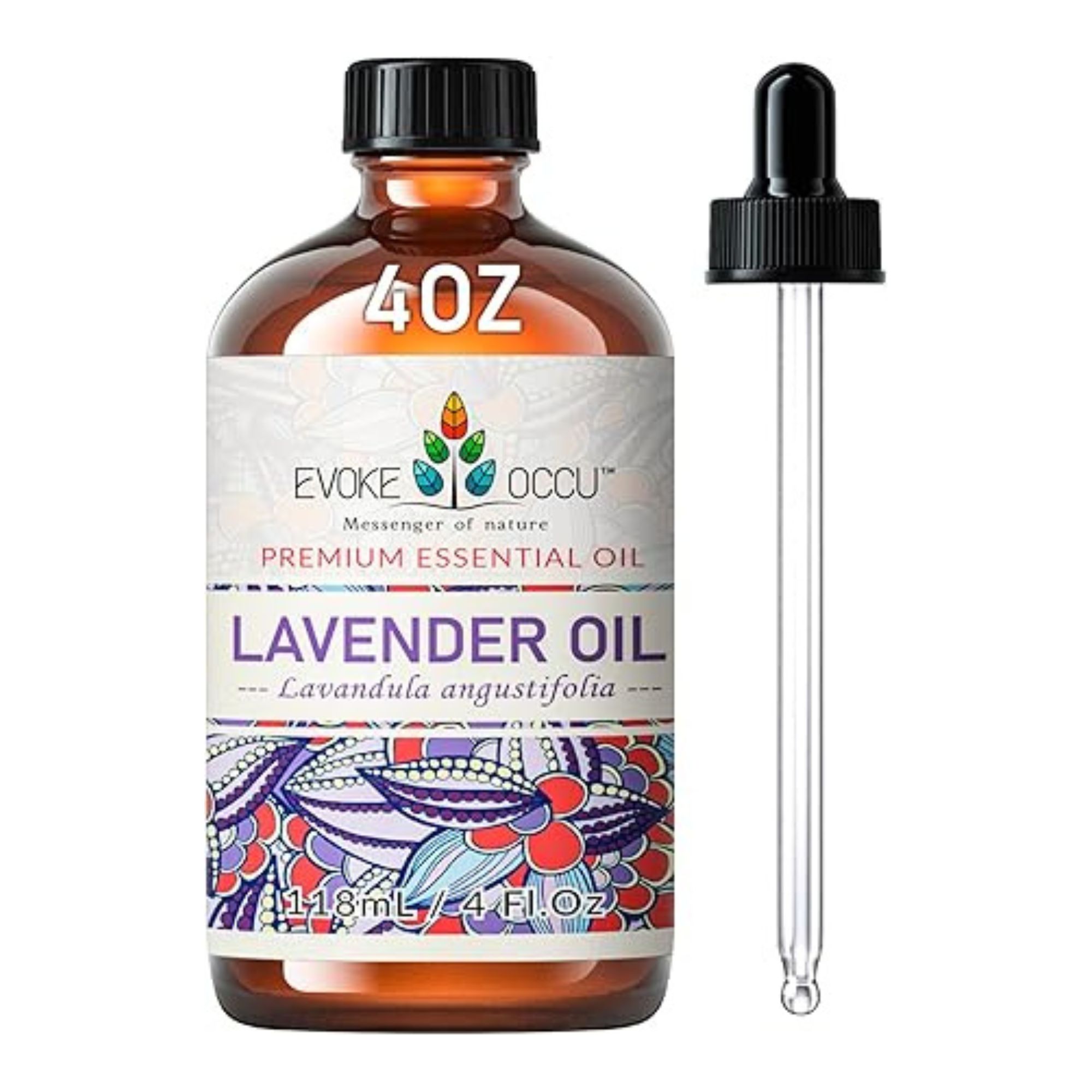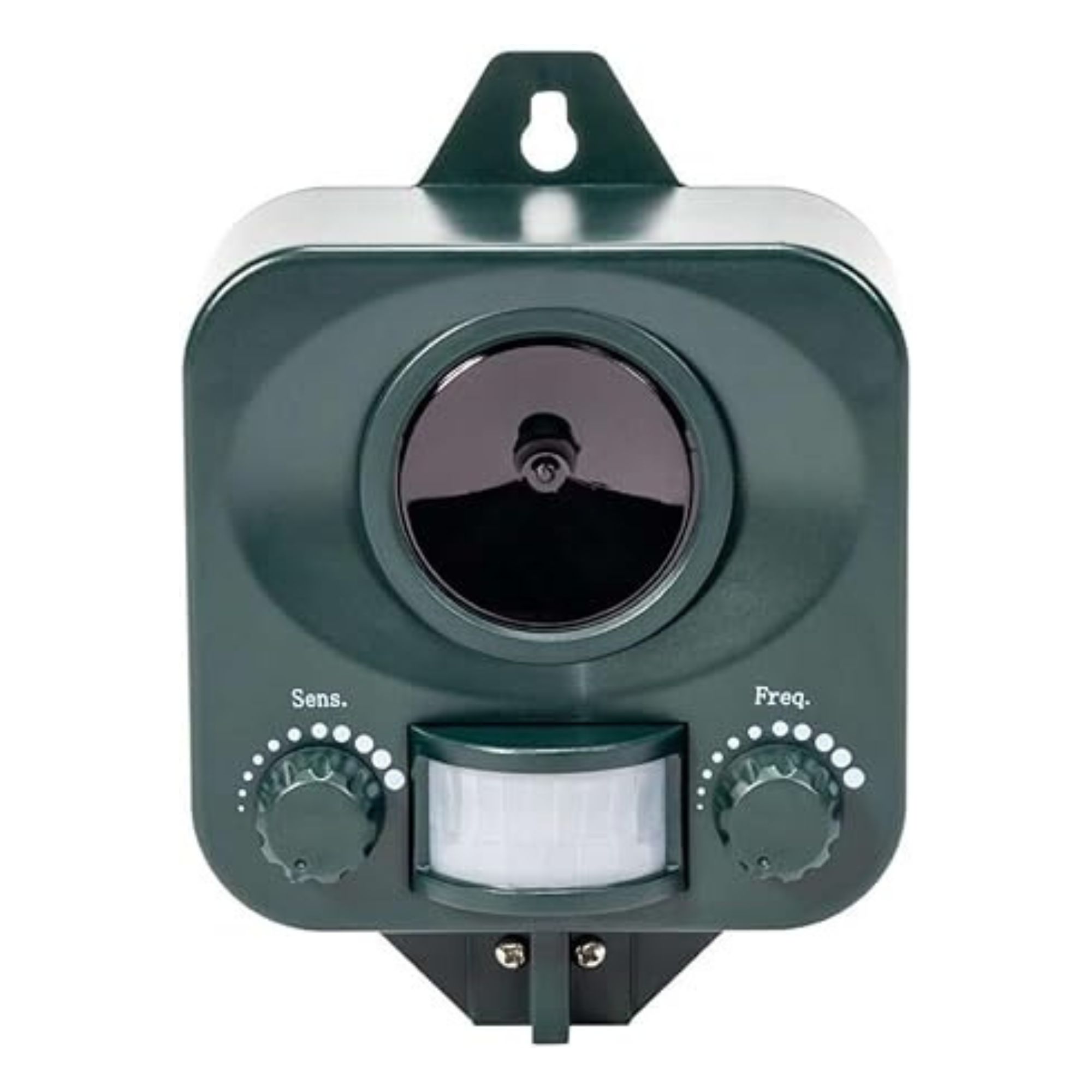How to use tea bags in your garden - 4 ways to make more of your morning brew
Explore the savvy way sustainable gardeners are making use of their used tea bags to nourish their gardens
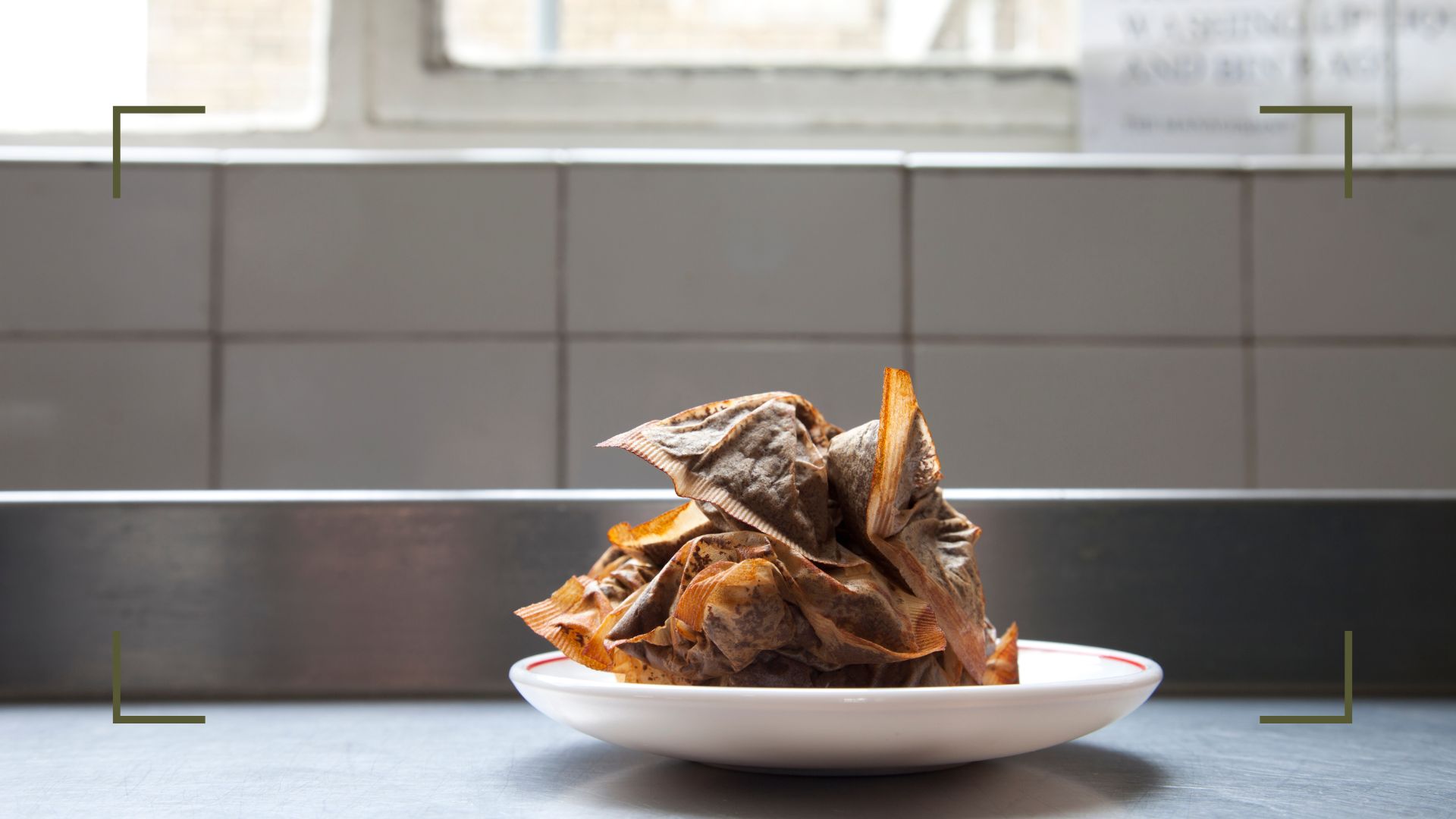

Looking for natural gardening hacks to help your garden thrive? You're in luck, it turns out you might not have to look much further than your morning cup of tea.
We're always striving to unearth budget garden ideas to help keep costs down when emulating the latest garden trends, otherwise, it can become rather expensive. And they don't get much cheaper or smarter than this money-saving, eco-friendly garden hack. Whilst you may already be using coffee grounds in your garden, you might also want to hold onto those used tea bags to help benefit your planting.
Our team of garden experts share how they use tea bags in their gardens, explaining why this everyday food waste is so good for our plants and soil.
How to use tea bags in your garden
Using food waste in our garden is one of the best sustainable gardening ideas. The nutrients we gain from our food are usually just as good for the plants we're growing outside - if not better. So if you're looking to nurture your flowers, veggies or shrubs this year it's time to start thinking more eco by utilising your used tea bags.
Speaking to Harry Bodell, a gardening expert at Priceyourjob, explains the main benefit of using tea bags in your garden is the nitrogen they provide the soil.
"Nitrogen is an important nutrient for plant growth, and tea bags provide a gentle, sustained release," says Harry. "The organic matter in tea bags is also great at helping improve soil drainage and aeration."
If that's enough to tempt you, here are four expert-recommended ways to use your discarded tea bags in your garden.
Sign up to our free daily email for the latest royal and entertainment news, interesting opinion, expert advice on styling and beauty trends, and no-nonsense guides to the health and wellness questions you want answered.
1. Compost enhancer
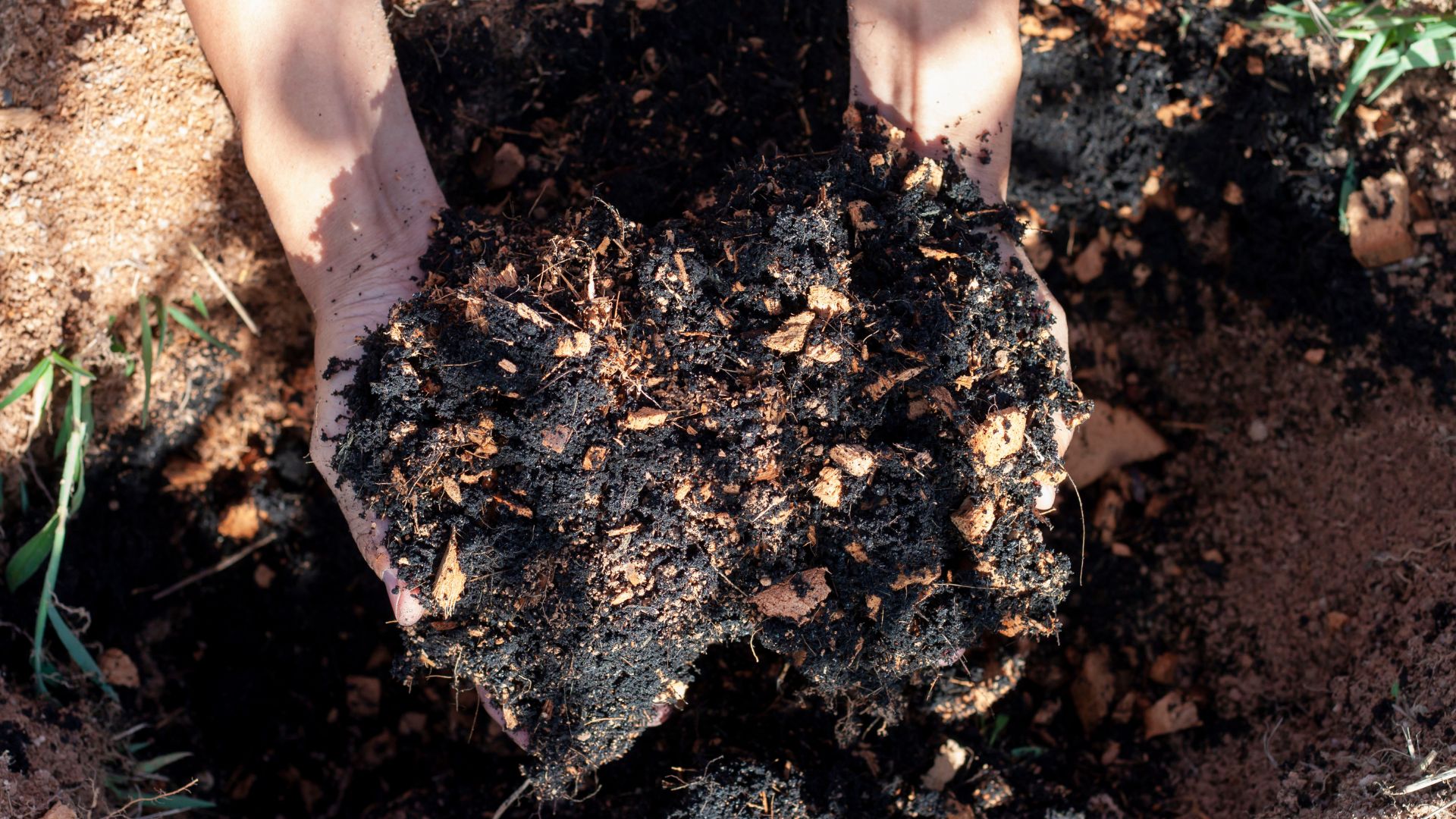
One of the easiest ways we can help our plants have the best chance of thriving is by giving them not only the nutrients they need but additional ones too – similar to how you might fertilise your lawn for better results. If you're trying to grow some of the best shrubs for long-lasting loveliness, why wouldn't you want to give them the best chance?
"Tea bags can be an effective source of nutrients for your plants," says Jane Dobbs, the lead gardening at Allens Gardeners. "When using tea bags as fertiliser, pick organic brands and compost them. First, remove the tea bag from its paper casing before composting. It'll speed up composting and you'll see a faster breakdown of the leaves."
However, Jane does stress the need to add other organic matter to your homemade compost pile, to ensure the nutrients are balanced. She explains, "Keep in mind that tea is a very weak fertiliser, meaning it's better used as a supplement to other fertilisation methods."
300L Garden Composter: £35.49 at Amazon
This best-selling garden composter is a great way to keep your discarded tea bags tidy and out of sight in the garden if you're planning to use them as fertiliser. The hinged lid and hatch door make for really easy use.
2. Moisture retention
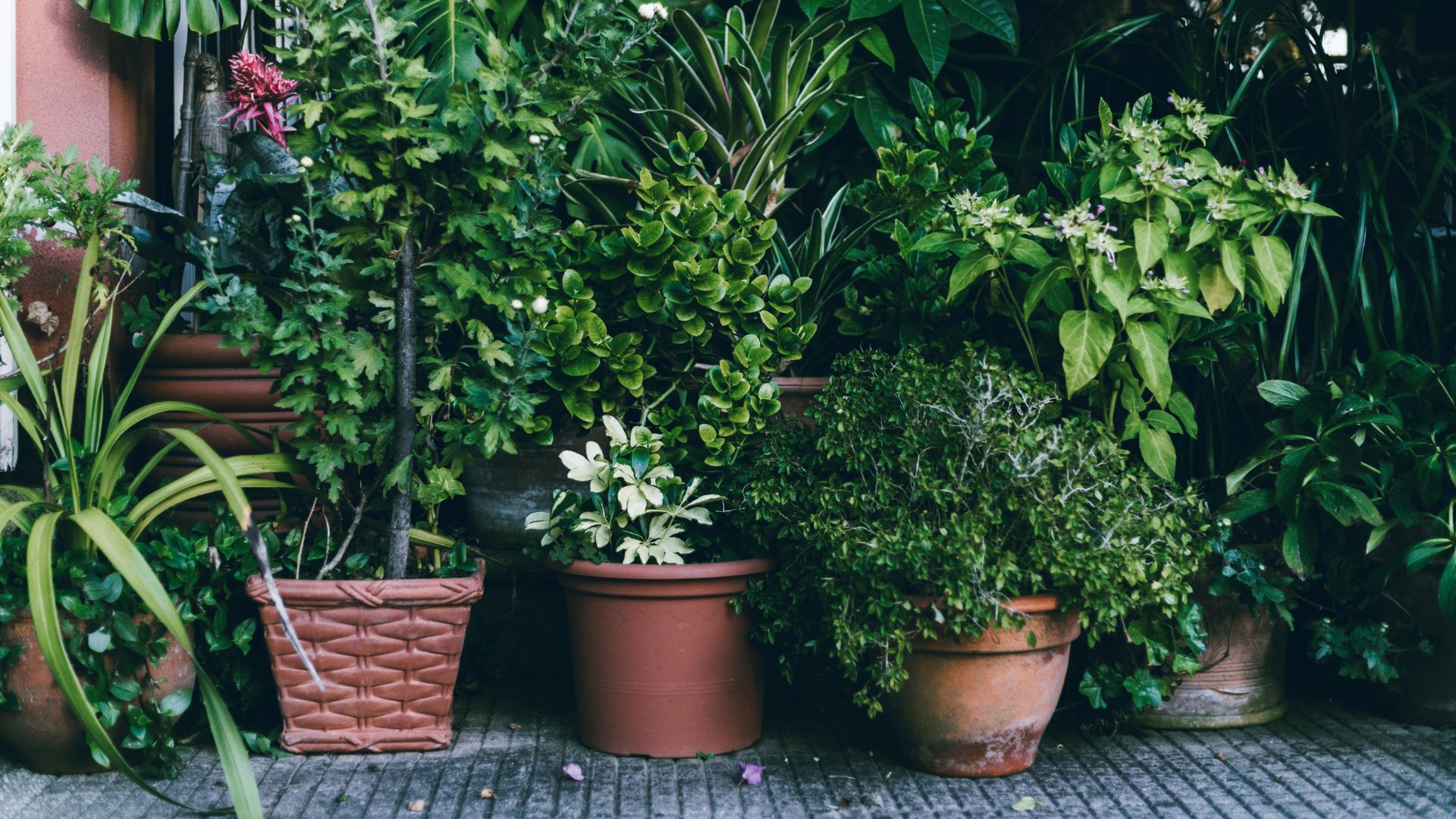
There's nothing better than being surrounded by some of the most alluring plants that liven up your garden in the summer months, with pot after pot bursting with colour. It's also in summer that our plant's soil tends to try out at a much faster pace, luckily tea bags can help with that.
Harry explains how used tea bags, once emptied and composted, can help to retain moisture in plant soil no matter what soil type you have. He says, "This moisture retention trick is particularly beneficial for container plants or during hot weather."
Similarly to how you'd used the tea leaves as a compost enhancer and fertiliser, add them to your potted plant's soil and allow them to do all the work.
Of course, don't forget to water more frequently in the summer months, the tea bags will only help hold the moisture that's there not add it themselves.
3. Worm attractor
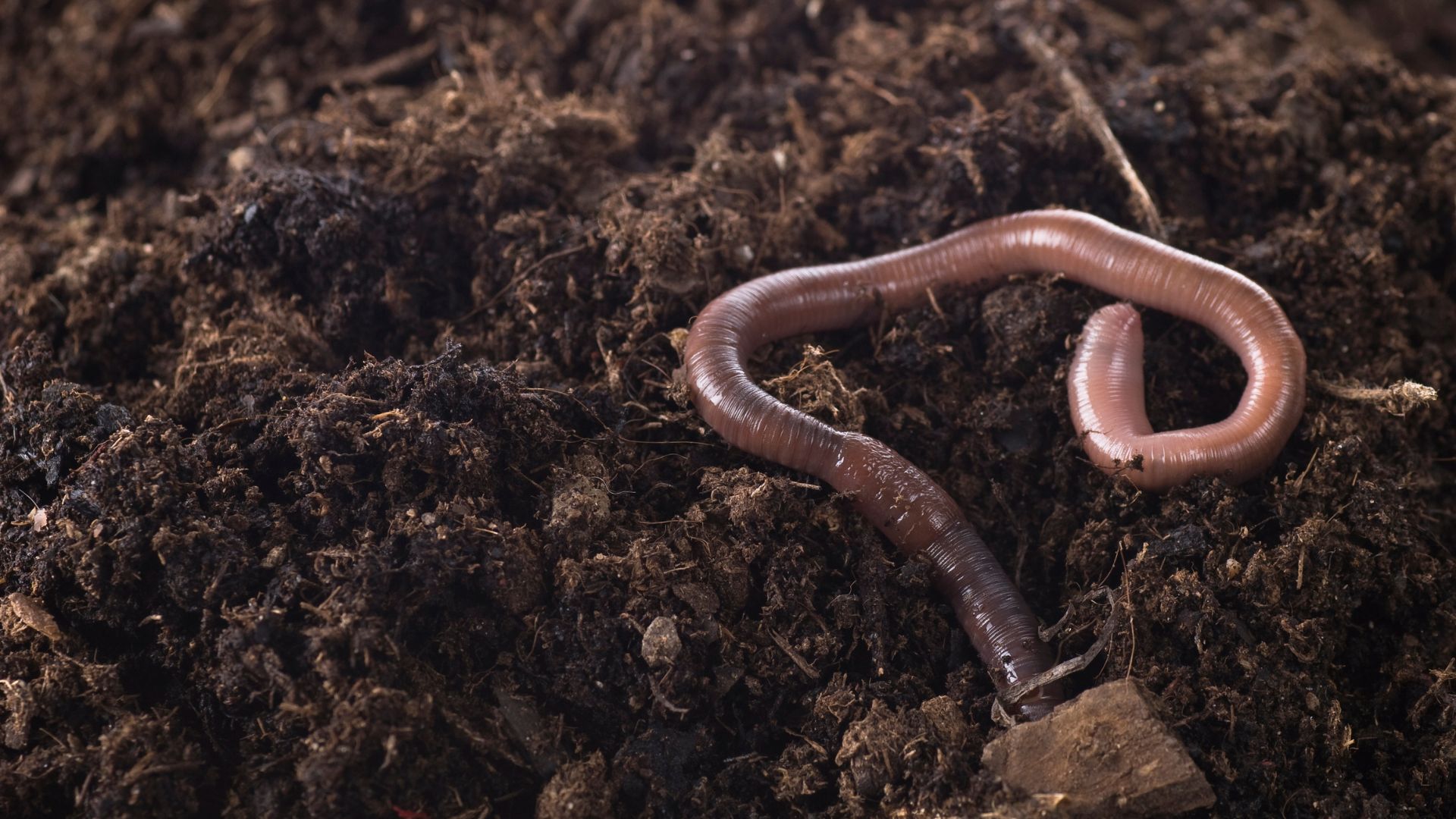
Whether they creep you out or not, there's no denying the amazing benefits that earthworms have on our soil and therefore on our growing plants.
Prioritising soil health is one of the easiest gardening tips every gardener should know, particularly because it helps attract worms.
Harry says, "The tannins in the tea leaves are brilliant for attracting earthworms into your soil. Worms are a huge benefit as they not only improve aeration but they also add to the nutritional content of your soil too."
Worms are hugely beneficial if you're trying the rewilding trend and want more wildlife in your outdoor space, more worms, more plants and that means more butterflies and birds.
On that note, you could also follow Monty Don's advice for attracting butterflies into your garden this spring.
4. Drainage solution
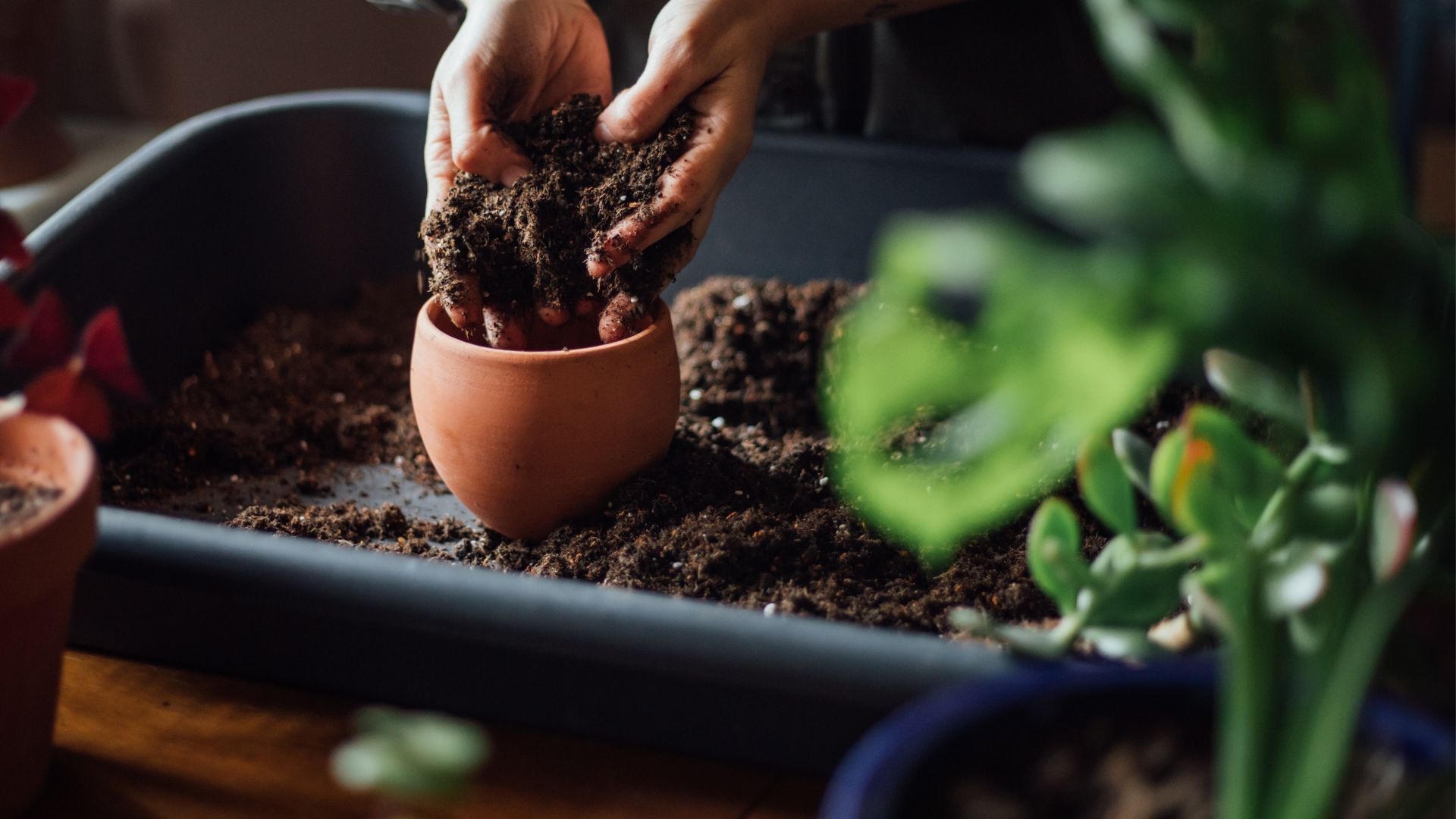
Whether you're potting a seedling in the garden or repotting a houseplant, ensuring there's sufficient drainage is key to healthy growth. Instead of using rocks or sand, you can opt for used tea bags which will be beneficial in numerous ways.
Online gardening expert Simon Akeroyd, @SimonAkeroyd on YouTube, says, "Pots must have drainage holes but if you don’t cover holes over with something permeable all the compost washes out when you water the plants."
"To avoid compost washing out of the holes save your teabags and place them over the drainage holes. Teabags will allow the water to drain away but prevent compost from washing out," he explains.
Placing the tea bags like this will also help retain moisture and prevent your compost from drying out in warmer weather. And of course, provide your plant with those added natural nutrients.
FAQs
What plants like tea bags?
Similar to the type of plants that like it when you use eggshells in your garden, plants that enjoy the nutrients that tea bags provide thrive in a more neutral to alkaline soil pH level.
"Most plants can benefit from the slow nitrogen release and organic matter in tea bags. However, you should avoid using tea bags around acid-loving plants like blueberries," says Harry. So don't be tempted to add tea bags to the soil when pruning your blueberries.
And yet, due to the tea's somewhat weakened effect on soil, it would take a significant amount of leaves to completely change the soil's pH level and affect the growth of any acidic-loving plants.
There are heaps of other nutrients in tea bags which can be helpful for the majority of plants no matter their pH preferences.
Jane explains, "Besides nitrogen and phosphorus, tea leaves contain potassium as well. There are also tannins in tea, which help the soil's structure and aeration. In other words, tea bags can be used as fertilisers to grow healthier plants." An excellent way to boost whatever plants you plant in March.
Do tea bags deter foxes?
If you're looking for ways to stop foxes from coming into your garden, perhaps you're sick of them eating your bird food, then, unfortunately, tea bags might not be your best bet.
According to Gardener's World presenter Toby Buckland, tea bags alone are not enough to ward off foxes. He says, "Tea bags sprinkled with a few drops of a pungent essential oil, such as lavender or eucalyptus may temporarily put off a fox or squirrel from digging up plants. But you'll need to top up regularly and move them around otherwise they'll quickly get used to them."
There are more effective ways to deter them, like this Pestbye battery-operated pest-repellent ground stake we found on Amazon for £29.99. It's completely humane and safe for all mammals that may be trespassing on your garden and eating up your precious plants.
Whilst tea bags are one of the food waste heroes for our gardens, it's important to use them correctly. Jane is quick to point out that tea bags can attract pests such as gnats and flies so you need to ensure you've composted the bags correctly as she explains in her fertilisation method above. Once that's done, simply enjoy your thriving tea-drinking plants!

Emily joined woman&home as a staff writer after finishing her MA in Magazine Journalism from City University in 2023. After writing various health and news content, she now specialises in lifestyle, covering unique cleaning hacks, gardening how-tos, and everything to help your houseplants thrive.
